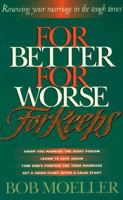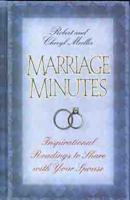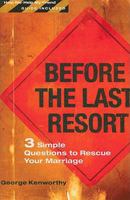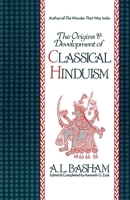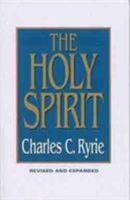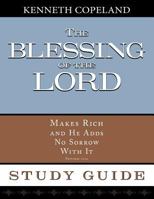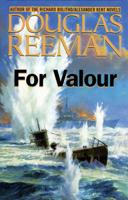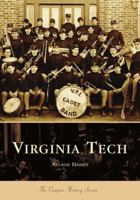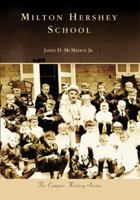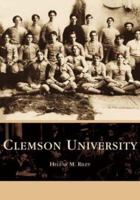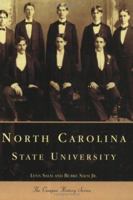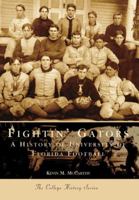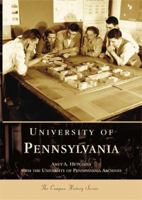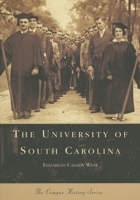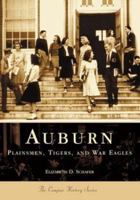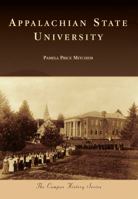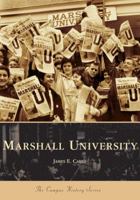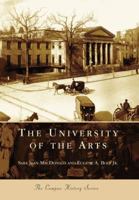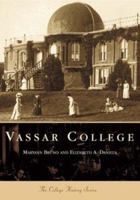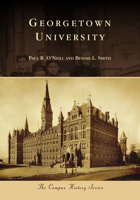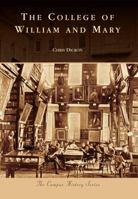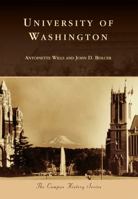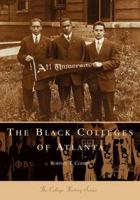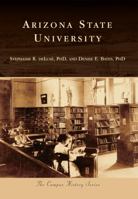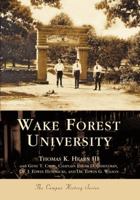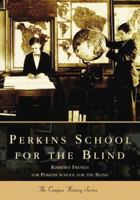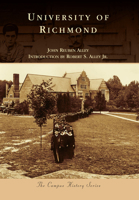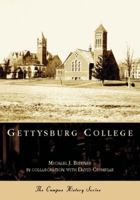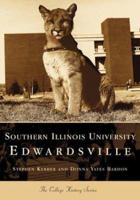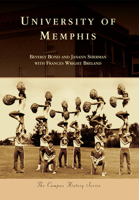The Marriage Miracle
Select Format
Select Condition 
You Might Also Enjoy
Book Overview
The Marriage Miracle is a user-friendly, Scripture-based, story-driven book that will encourage all couples with the good news that there is no difficulty or disappointment in marriage that two softened hearts cannot overcome. Bob and Cheryl Moeller, who developed this book out of years of experience working with married couples, show convincingly that if a husband and wife soften their hearts toward each other, it becomes a matter of when, not if, they resolve their relationship struggles. The Moellers provide readers solid answers to three critical questions. In the process, they help couples uncover the condition of their heart toward their spouse and find the road home again to acceptance and intimacy: Why do the hearts of husbands and wives grow hard? How can husbands and wives soften their hardened hearts? How can husbands and wives keep their hearts soft toward each other? The Marriage Miracle walks couples through the liberating experience of softening their hearts toward one another, setting them free to embrace all that God intended their relationship to be.
Format:Hardcover
Language:English
ISBN:0393046427
ISBN13:9780393046427
Release Date:August 1998
Publisher:W. W. Norton & Company
Length:384 Pages
Weight:1.61 lbs.
Dimensions:1.3" x 6.5" x 9.6"
Customer Reviews
5 customer ratings | 5 reviews
There are currently no reviews. Be the first to review this work.
















